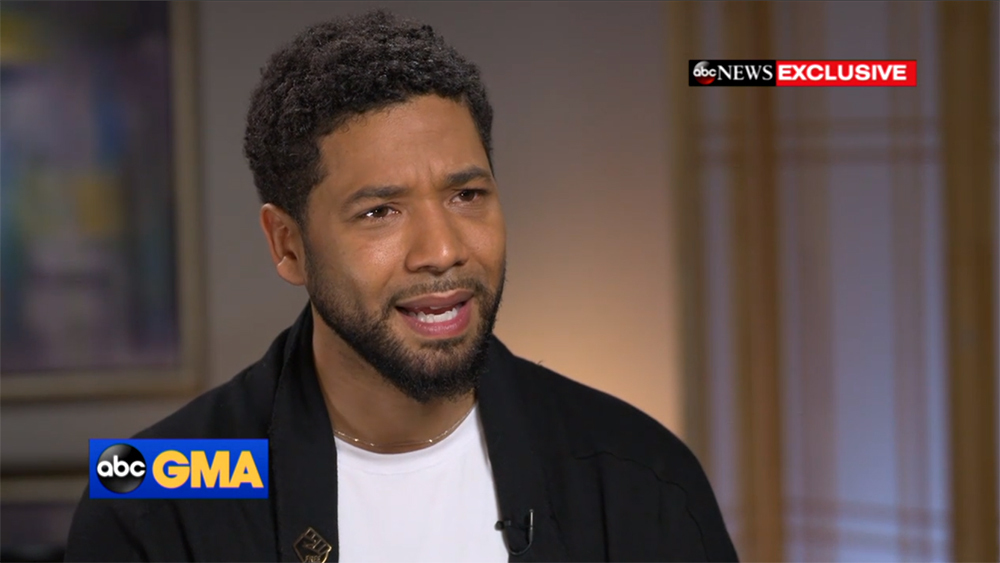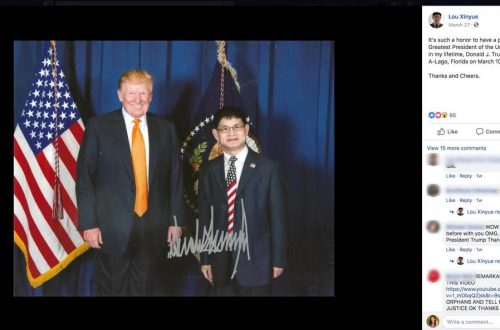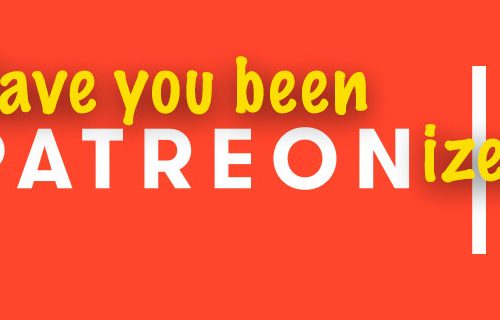After inspiring stirring rhetoric like this tour-de-force of virtue-signalling by GQ Magazine…
A still-disputed aspect of the attack on Smollett is a line shouted after his attackers fled the scene: “This is MAGA country.” While its veracity isn’t confirmed, its sentiment needs no fact-check. America’s choice to embrace the blind rage of late-stage whiteness in decline is an explicit longing for this kind of crime, a version of America in which those who do not assimilate to the satisfaction of their white, straight, and Christian betters are subject to the impunity of law enforcement, the scorn of the media and the fury of racist homophobes stalking the streets of your city, who want you to know that they could lynch you if they really wanted to, and maybe get away with it too.
… the actor Jussie Smollett has been arrested and charged with a federal crime. Allegedly he faked not only the assault said to have taken place near a Subway sandwich shop in Chicago, but also the death threats sent to him via the US Mail, one of which contained a suspicious white powder and led to the involvement of the FBI.
He faces jail time.
As an aside, is it not astonishing that journalists in 2019, writing for respected publications can come up with lines like: “While its veracity isn’t confirmed, its sentiment needs no fact-check.”? Is this what our media as become? I digress.
According to a report in The Guardian, his motive was to angle for a higher salary on his TV show.
But I think there is more to it than that. I think Matt Lewis’s astute observation in The Daily Beast is right on the money:
It is telling that today’s highest-profile hoaxes—a measure that, of course, reflects what hoaxes are accepted at first and rewarded with media attention —are about appropriating someone else’s victim status, not stealing their valor. Never mind the glory of heroes, experts, or champions, the desire for sympathy—and the moral authority that comes from being victimized—has replaced the desire for admiration or respect for some act of heroism.
It is notable that one word – a word we used to reserve for heroes – is now routinely applied to victims: “brave”. We have to wonder what malady drove us as a society to value not the active, interventionist impulse – often at personal cost – of people who took initiate to help others, but rather the passive willingness to be on the receiving end of abuse.
Fortunately there is still resistance to this.
A case in point: As the full details of the assault on Maajid Nawaz emerge, it seems he took a beating because he was prepared to step up and step in to confront a thug harassing others. Throughout, Nawaz has refused to play the victim. That makes him an old-school hero.




